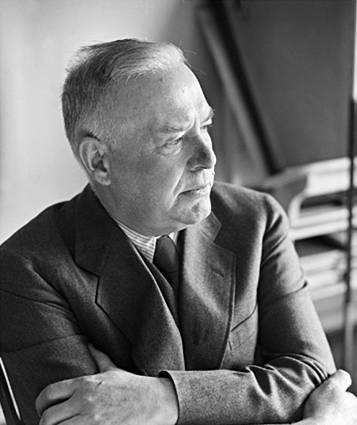I read a blog just now, and something the author said struck me:
I have this thing for endings in a series…There is something about them that just give me a feeling like no other book can. In some respects, it’s the idea of catharsis, closure.
Funnily enough, for me it’s always been the opposite. I love beginnings. I love meeting characters for the first time, seeing them meet each other for the first time. Seeing their first impressions, and knowing how far they were from the truth. I love the scene in Lord of the Rings when the hobbits meet Strider for the first time, I love knowing why Strider tries to seem so threatening and how great a man he is, unbeknownst to his pint-sized companions. I love the moment in P & P when Elizabeth meets Mr. Darcy for the first time and hates him. I love the feeling of possibility you get at beginnings, and I love knowing which possibility turns out to be the reality.
This is also what makes me, unlike the blogger I mentioned earlier, a compulsive re-reader. When I finish a book I can’t resist going back and reading the beginning again in light of my newfound knowledge. Of course, once I do that, I can’t resist watching the end unfold.
Endings, on the other hand, are infinitely frustrating. Stoppard’s Actor was right when he said that every exit is an entrance somewhere else; the problem is, book endings don’t let you see what lies behind the curtain. They hint at a whole new realm of eventualities, but refuse to tell you what they are.
Then again, when I’m the one writing I hate both beginnings and endings. Middles I can handle, if somewhat grudgingly. Beginnings and endings are only conquered through tons of coffee, the fear of impending deadlines, and sheer exhaustion. If only Frost’s words of wisdom applied to writing: “Ends, and beginnings – there are no such things. There are only middles”





